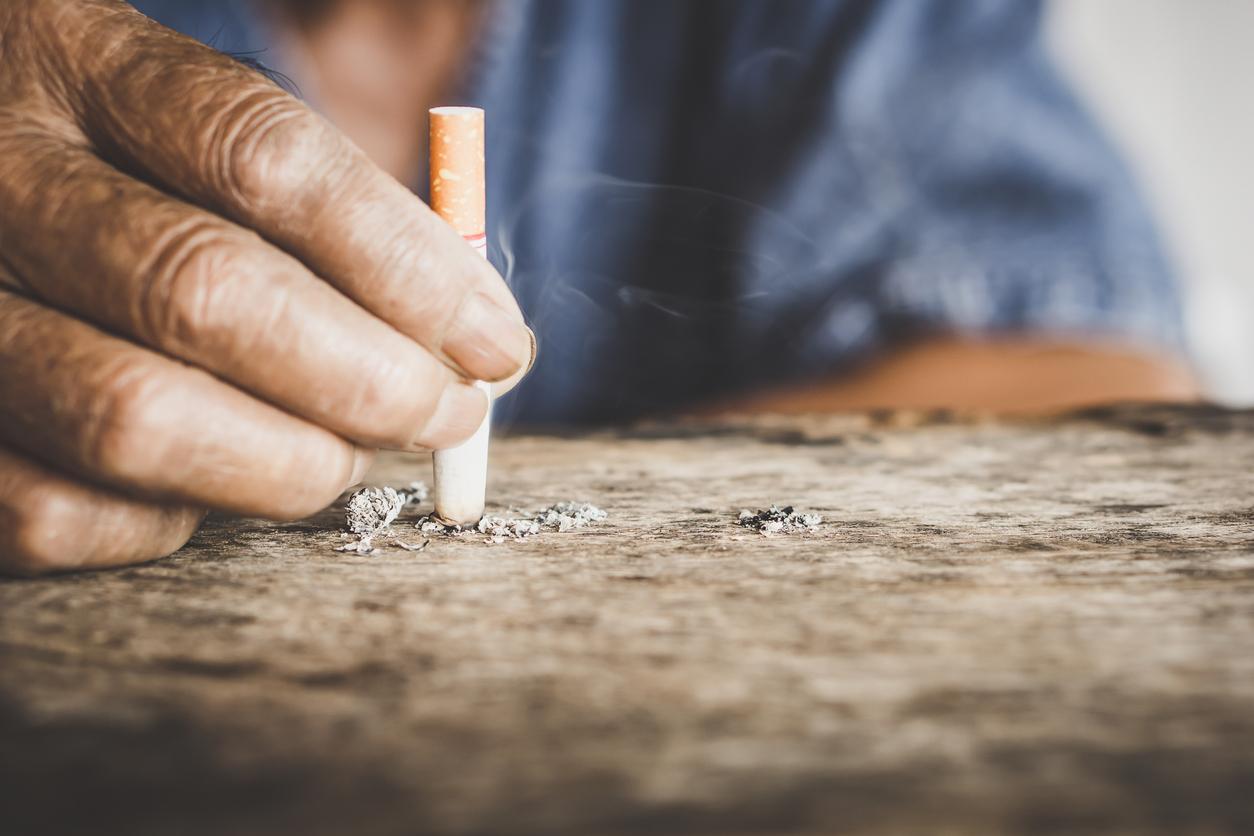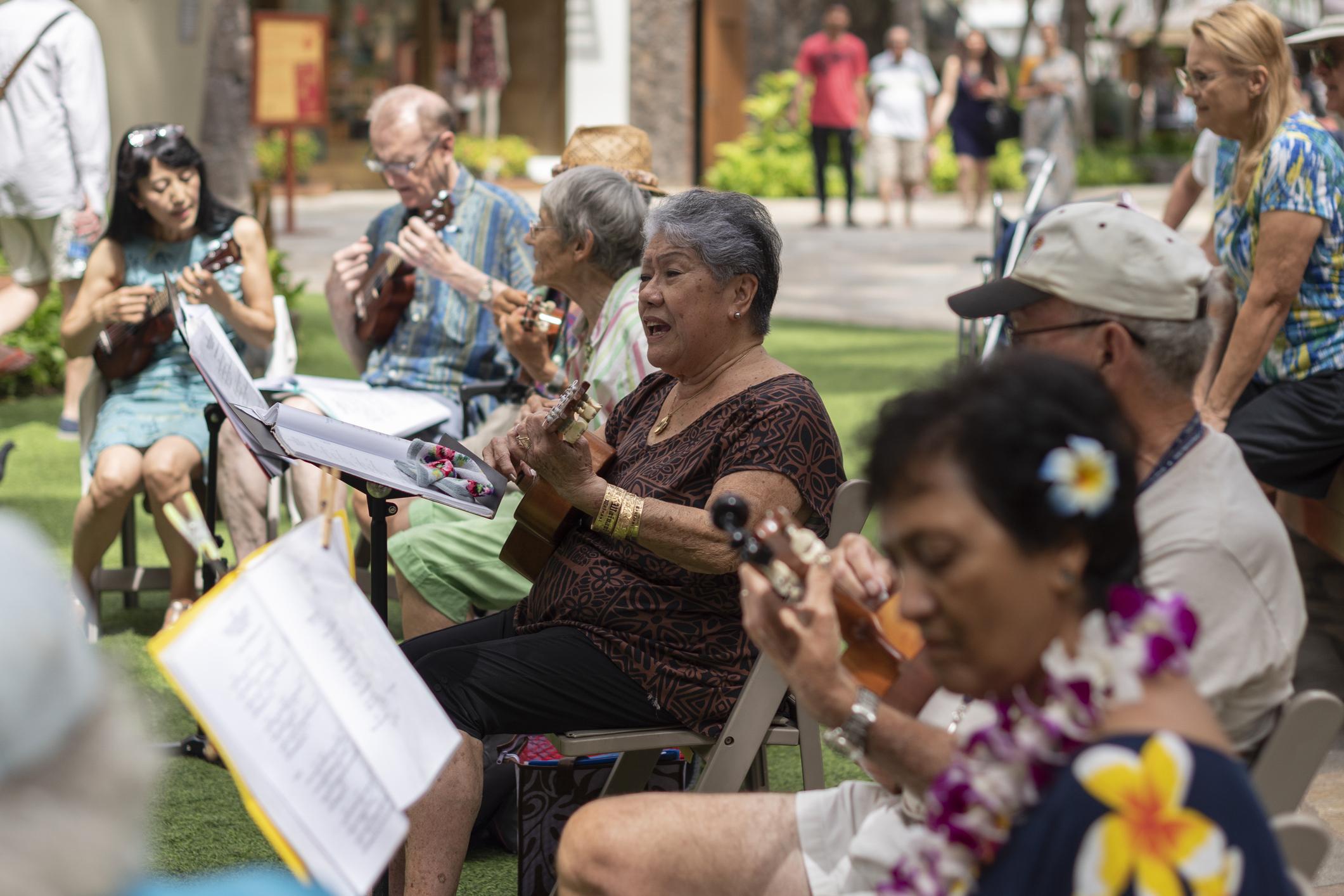
September 13, 2007 – Getting older doesn’t have to be synonymous with sexual abstinence. According to a study, many elderly people who live in a couple are sexually active, even after 80 years. Their secret? Health…
Conducted by American researchers on 3,000 people, the study1 aimed to compare the evolution of sexual activity across three age groups, depending on the health status of the respondents.
According to the researchers, although sexual activity decreases with age, the frequency of sexual intercourse does not decline significantly before the age of 74, in healthy people living in couples.
Among the respondents living as a couple and saying they are in “excellent” or “good” health, several said they indulged in sexual pleasures: 73% in the 57 to 64 age group, 53% in the 65 to 74 age group. years, and 26% among 75 to 85 years.
Even more, among those aged 75 to 85, 54% of people who say they are active claim to have two to three sexual relations per month. And nearly a quarter (23%) say they have sex once a week.
The picture differs, however, for the elderly who live alone. They are less sexually active, especially women. Only 4% of those who do not live with a partner say they have sex, compared to 22% of men who do not have a partner.
Gender: not important to everyone
According to other results of the study, the importance given to sexuality decreases with age: 41% of those aged 75 to 85 consider it “not important”, compared to 25% of those aged 65 to 74 and at 15% among those aged 57 to 64.
“These results represent very well what we experience in Quebec,” says psychologist and sexologist Jules Bureau who, at the age of 73, still sees patients in consultation.2.
This retired professor of sexology from the University of Quebec in Montreal (UQAM) says he sees “a progressive and constant sidelining of sexuality”, among 55 to 85 years old.
“It is deplorable because sex life should be a support for health and longevity and we deprive ourselves of it due to health problems, such as erectile dysfunction, lubrication, orgasm, etc. . », He maintains.
Get the doctors involved
According to him, sexuality is one of the factors that influence our state of health at the neurological, physiological and psychological levels: “Each of these dimensions can make the person more in harmony with himself and enhance self-esteem” . And this, despite the ailments that can afflict it with age, adds Jules Bureau.
Jules Bureau invites doctors to participate in sex education for seniors in order to inform them of the health benefits of intimate relationships. “The encouragement of a doctor to continue his sex life can become a powerful tool to get people to associate sexuality with good health”, underlines the sexologist.
|
Sexual practices Almost 60% of respondents aged 57 to 64 reported having oral sex, compared to 31% among those aged 75 to 85. In addition, 52% of men and 25% of women living as a couple or having a partner said they practice masturbation. The situation is similar for people living alone, the proportions being 55% and 23% respectively. |
Jules Bureau would have liked the American study to be more oriented towards psychosocial aspects. “It would have been interesting, for example, to know why some indulge in oral-genital practices, and others not,” he says. And to know why, among those who stop practicing penetration, we also stop all other sexual practices. “
According to him, such information could have made it possible to find the orientations to be privileged in matters of sexual education in the elderly. We could have given a broader meaning to sexuality than the primitive one, linked to the sole need for reproduction, he argues.
“We are not fundamentally driven by our hormones, but by the meaning we give to things and reality. If sexuality can promote harmony between people, it widens the spectrum of possibilities, he concludes. Especially since being old, we no longer have the ardor of youth, but we have more time to explore intimacy. “
Martin LaSalle – PasseportSanté.net
Photo credit: UQAM.
1. Lindau ST, Schumm LP, et al, A study of sexuality and health among older adults in the United States, N Engl J Med, August 23, 2007, Vol. 357, No. 8, 762-74.
2. Jules Bureau was professor in the Department of Sexology from 1971 to 2000. He continues to develop his field of research on sexual ontogeny, conflicts of sexual identity and sexual orientation and on problems of sexual desire.

















